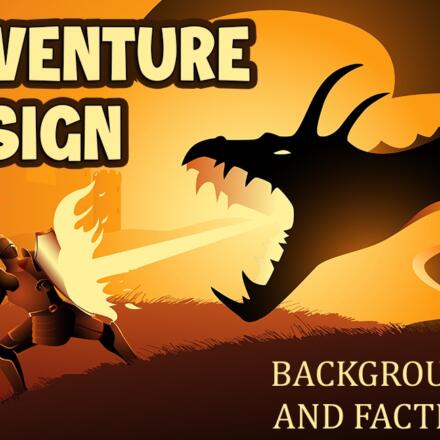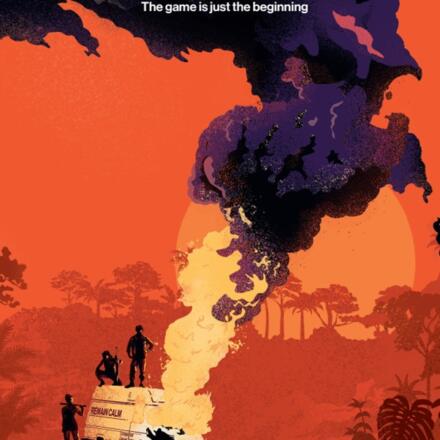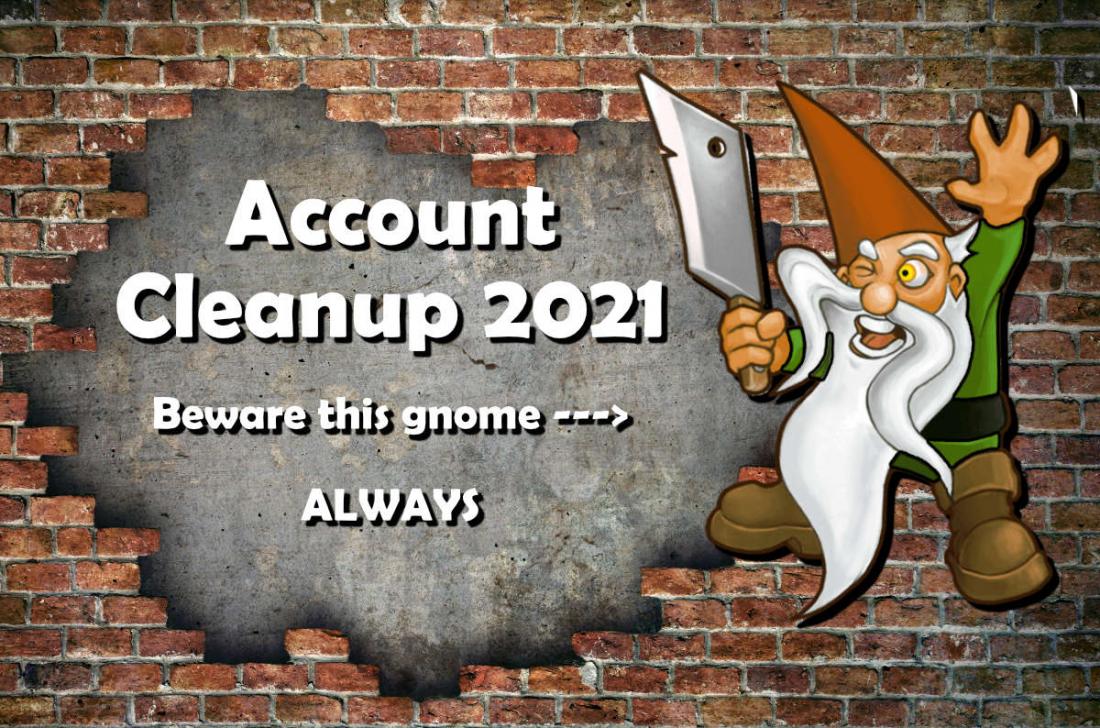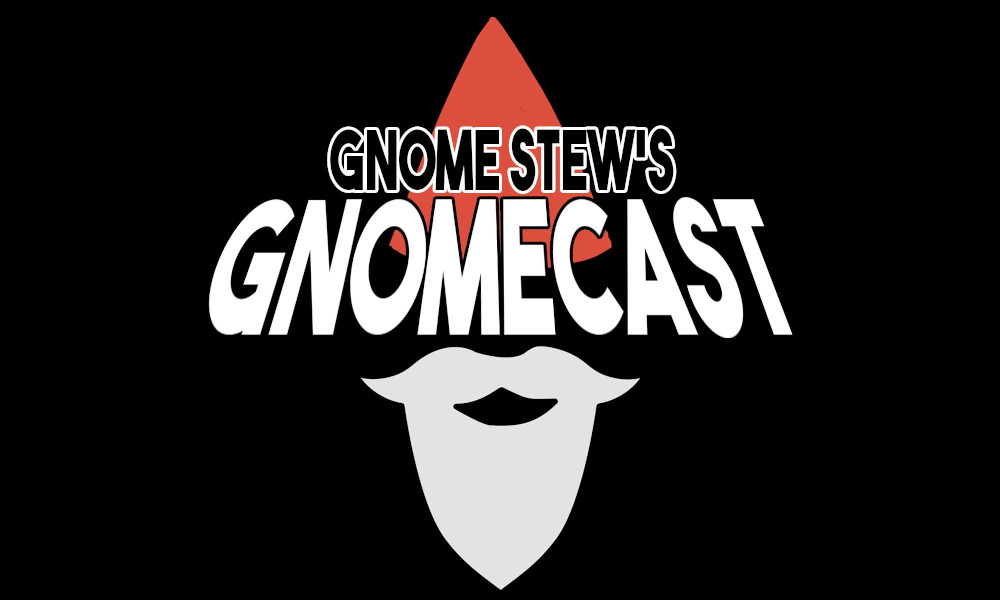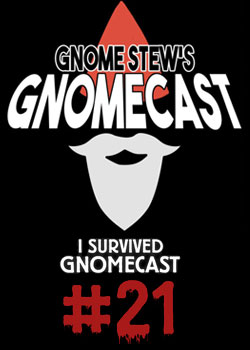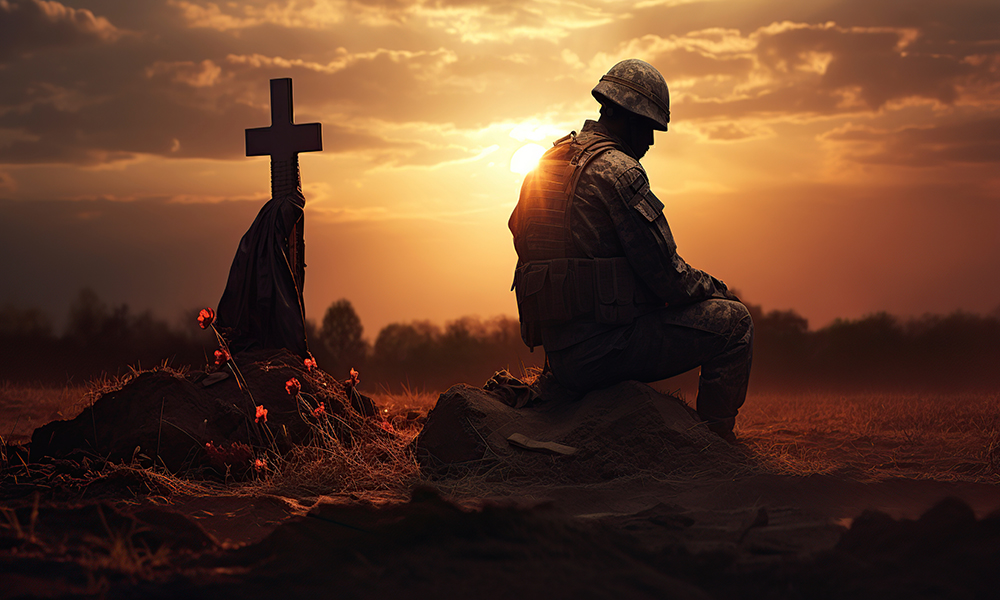
Last week, my year-and-a-half campaign I ran of Kids on Brooms was brought to an end. However, despite the campaign being over, the story was not. I decided to bring it to an end before we came to a conclusion to the story. We all probably have campaigns we were a part of that ended abruptly. Let’s talk a bit about it so we can all see and share where it is they go or can go wrong.
Making it too long
After running 4 campaigns as a GM, some short, some long, I’ve started to think that I do better at GMing campaigns that go as long as 1-1.5 years. This is usually different for every GM. However, if I go on with my game for too long, you might need to turn into the guy from the meme with the whiteboard connecting all the plots. In my first 5+ year campaign I actually had a player who did something like that and had a ton of fun connecting all the details, but not every player wants to go to that length, and that’s ok. Then, I got to run 5e’s Waterdeep: Dragon Heist for a year and a half and it went excellently. A shorter 4-month-long one didn’t end up being as good as expected, but everything tied in nicely by the end as well. Lastly, we come to this last campaign, which was supposed to be about 6 months long but turned into a 2-year-long campaign that I couldn’t finish.
How can you know which type of campaign might suit you best? There are prewritten campaign modules, or you can run your own thing. This will not only depend on you but also on the players you are with. Even if you like creating long campaigns, your players may not be up for that. This is why it is so important to set expectations from the very beginning in a session 0. I always say that the best way to get good at GMing is GMing, and getting to understand better your GMing style can only be done that way. So, try it all, if possible. Run long campaigns, campaign modules, short campaigns, one-shots…
But how was it that making the campaign too long affected my games? I like to create complex characters, with their own objectives. If the PCs don’t decide to interact with a character or get to know them better, the NPCs will keep doing their stuff, creating more mysteries or unknown stuff. On a short campaign with about 10-15 important NPCs that’s not that big of a deal. However, if the campaign goes for too long there may be 40+ things going on behind the scenes, and that not only is frustrating for the players, but also for the GM (me) to conclude the story by tying up the loose ends. Frustration from each of the two sides of the screen can quickly kill a campaign.

I was not lying when I said that 5+ years campaign was complex. Props to my player who was such a fan of the game he decided to build this to explain his theories to the others.
Scheduling
I am pretty sure you all expected this to be here: TTRPGs greatest BBEG. One of the reasons why my last game and many others failed, is due to scheduling. Once we become adults, we all have thousands of things we have to do, so finding one single moment 4+ people can meet is extremely tough to accomplish. In my case, due to job changes, college life, and things in life, it was difficult to set a specific moment, and not change it. Add in the campaign length, and maybe a time that was comfortable for everyone becomes one where 1 or 2 can’t make it most weeks after the first year. Luckily for you, we gnomes here at the Gnome Stew did a whole Gnomecast episode full of tips and ways in which you can solve scheduling issues, or what has worked for us. Check it out RIGHT HERE or on your Podcast app of choice.
In addition to all the problems scheduling can cause us when finding a day to play, there’s also the fact that people may arrive tired after a full day of work. The fact that they decide to go to the game nonetheless even if they are beaten up is great and speaks greatly of how eager they are to play. However, a tired person might not be able to be as focused on the game, or willing to go through some moments in the game as others. We need to keep this in mind when scheduling, as it can play a part in the campaign’s demise. If possible, try to find a moment in which everyone can play and be well-rested.
Pacing
Something I have been noticing quite a bit is that mixed in with all the tension, horror, intrigue, mystery, etc. quite a bit of fuc*ery goes on at my tables. I love to allow players to throw in jokes as it can release tension in serious moments, and make the game more fun after a tiresome day. Nevertheless, one has to be a bit restrictive with this, as it can easily break the pacing of the game. If you are already playing late because you all struggled to find a good time to play, having bad pacing makes players not be as hooked to the campaign as they could be. In addition to this, I struggle to keep the pacing of the game, causing some games to feel like a thousand things happened, and others like the players only did one or two things. Unfortunately, again, the only way to get better at that is by practicing and making mistakes. One book I’ve seen often recommended for those who struggle with pacing in their games is Hamlet’s Hit Points by Robin D. Laws. I haven’t got to read it yet, but I am planning to.
One other way you can get better at pacing is by listening to your players. I am always open with my players that if they are uncomfortable or believe something could have gone better they can always talk with me about it. This not only has helped me better understand my players’ playstyles, but also how much time they are comfortable with certain moments in the game lasting. Some may enjoy combat over roleplay, so I always make sure to drop in some action to keep the game moving forward. On the other hand, if others want long and profound RP moments, I need to plan in advance scenes that can create these moments without lasting so long that the player who loves action falls asleep.
Managing Expectations
One other thing my last game suffered from is that expectations weren’t managed extremely well from the beginning. I originally planned to create kind of a Harry Potter experience, but we set the world to be a bit more adult and set in the 60s. I wanted to add a bit of horror once everyone had created their characters and they all agreed. Additionally, we all thought it wasn’t going to take that much longer than 6 months and we planned on it being episodic. The game ended up being about a war between the magic world and the normal humans while the Cold War was going on, so the US and Russian governments were involved, as well as a governmental organization similar to Area 51. In addition to all that, the game wasn’t episodic and lasted for almost 2 years. By the end, most of the player characters weren’t too interested in fighting the big bad guy of the campaign.
Since I’ve got to know them, sessions 0 have become essential for me, and what happened to me is exactly why it is that way. Defining expectations from the very beginning, as well as indicating which things shall never appear in the narrative are key to having a successful game. I’ve gone more in depth about how to manage expectations for your games in a past article. Be sure to check it out!
Choosing the appropriate game for the campaign
One last aspect when looking to run a game is making sure the game system is made for the story you are trying to tell and play. Again, by managing and setting expectations from the very beginning, and depending on how long you want the sessions and campaign to be there are several games that might apply. However, systems like Blades in the Dark should not be your first choice if you are looking to run a slice of life style of game, just like D&D or Pathfinder might not be the best choice for a college life campaign. In my case, Kids on Brooms doesn’t have a progression system as robust as other games, and there isn’t a predefined setting either. That made the system quite difficult to handle when things started getting out of hand and many magic duels began to appear.
If you don’t have a setting already thought out from the beginning, the session 0 might be the best time to do a bit of research and find the best one for what you want to play. Ask in forums or discord servers if necessary, and you will surely find the perfect game for the story you all want to create. If not, you can always create a story around the game all players want to play and know the rules of.
Closing off a Game
No roleplaying game should make the players or GM have a bad time. Sometimes you are all moving forward trying to conclude a tale, but is it actually worth it? It’s not wrong to put a stop or a pause to a game that isn’t doing it for you. There’s always the possibility of one of the players running another campaign everyone is excited about to give the GM a rest. Who knows? Maybe you can finish that campaign later when everyone is eager to return to their characters. Burnout is always a thing that can happen!
Killing a campaign might not be easy for everyone, so it is always a good idea to communicate it gently and create a space for everyone to talk about it if needed. Frustration, sadness, or even anger might arise, but if it really is the best for everyone they will come to understand. At the end of the day, it is always better to remember the campaign for all the great fun it once brought.


